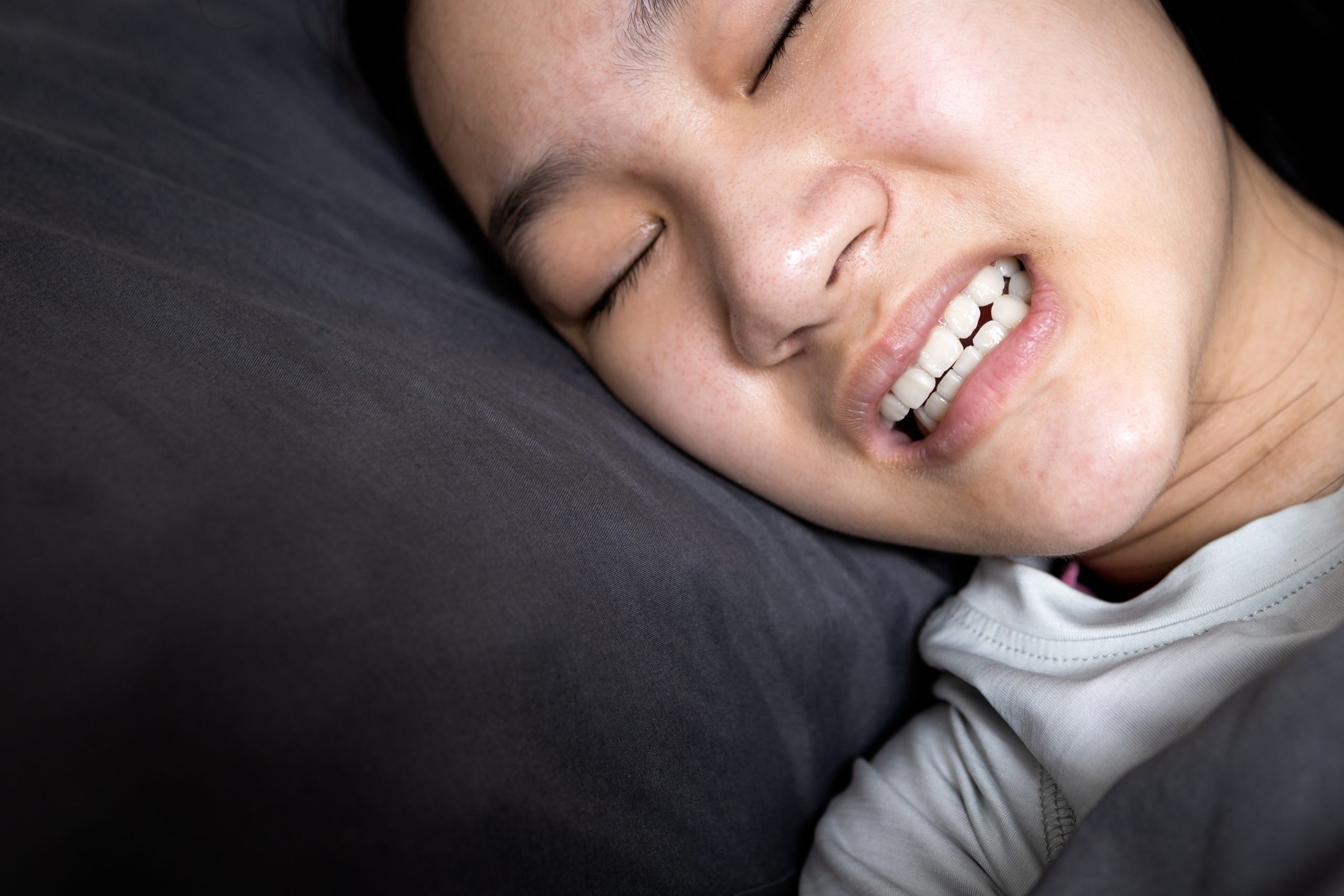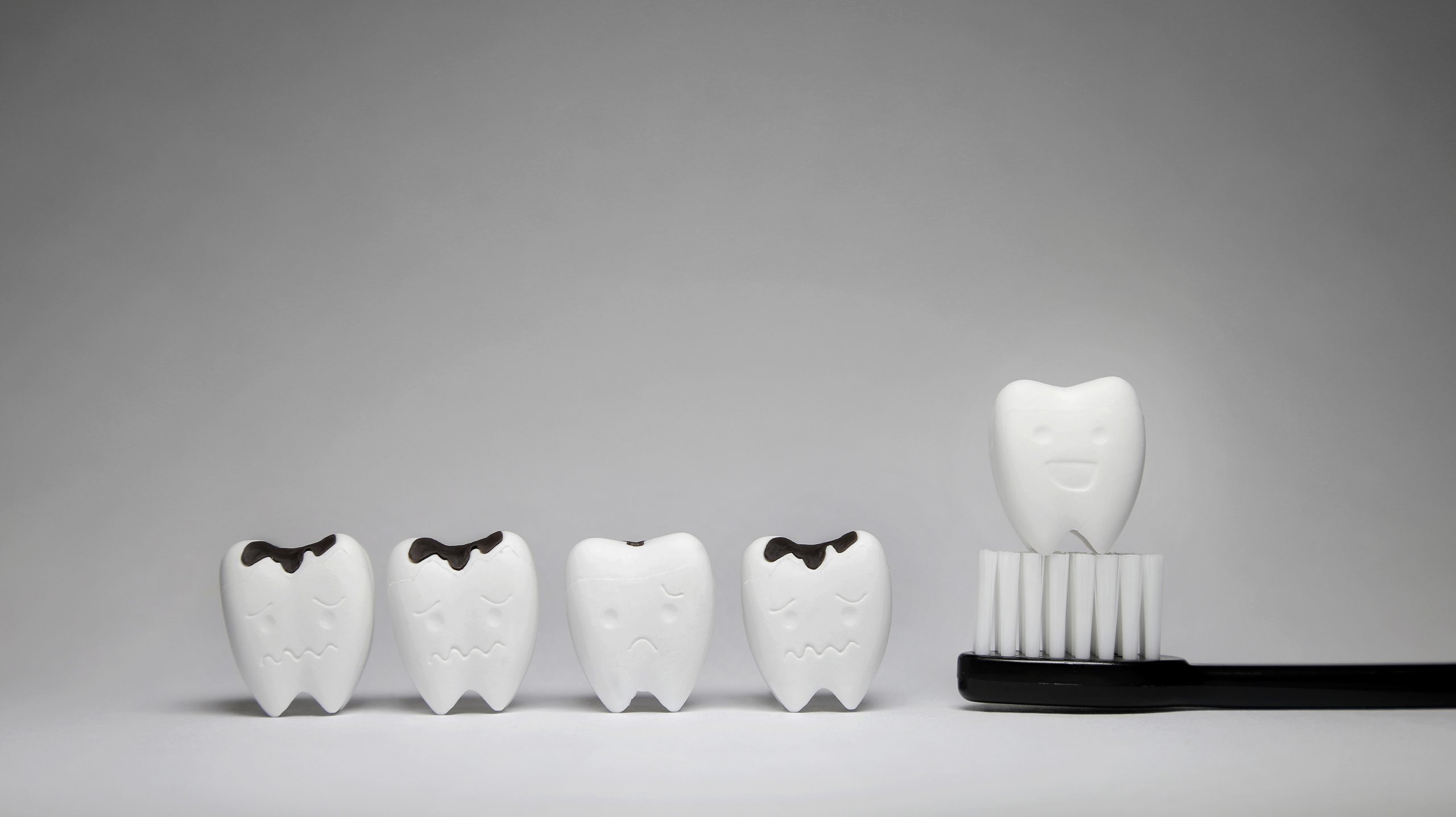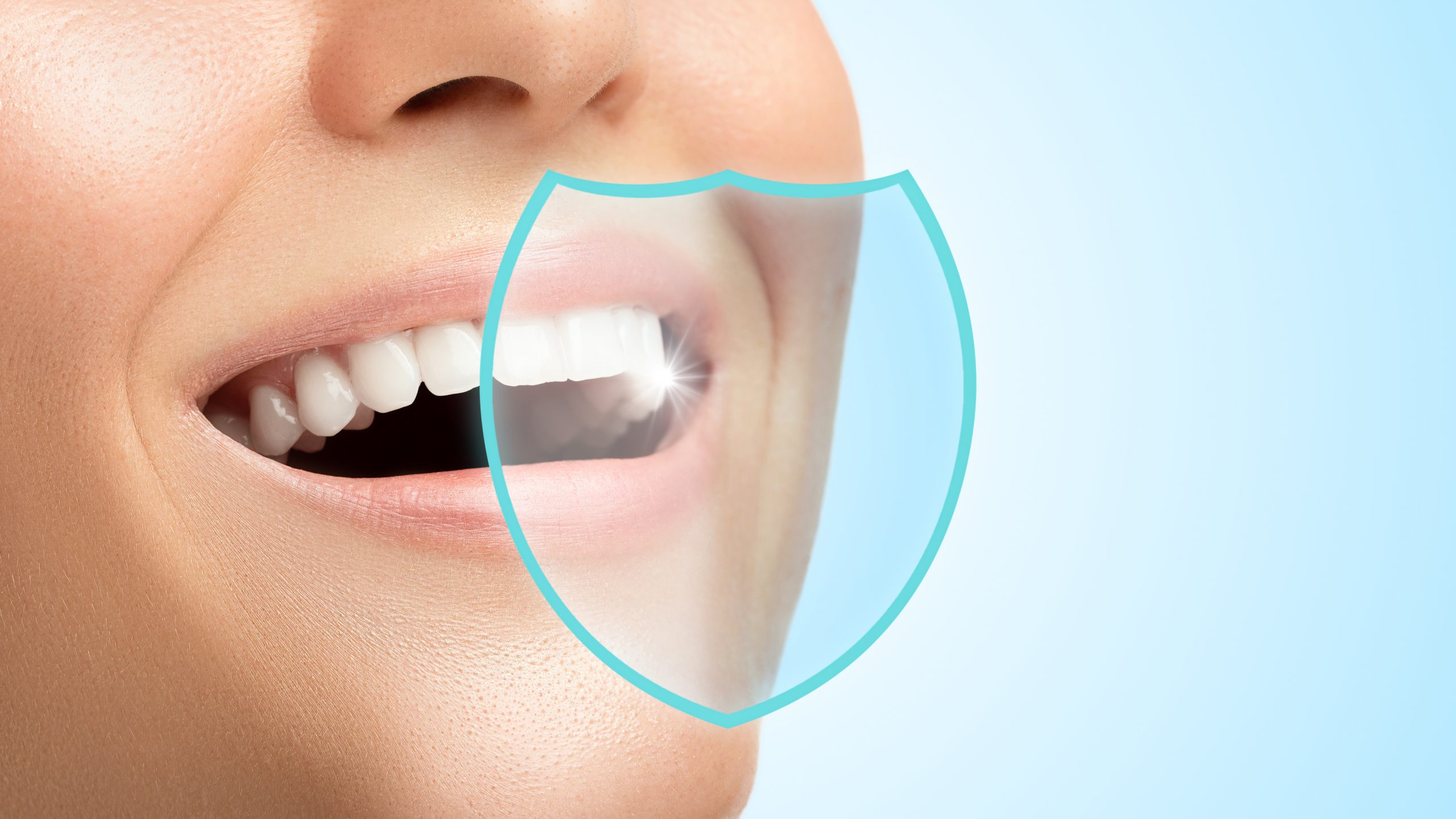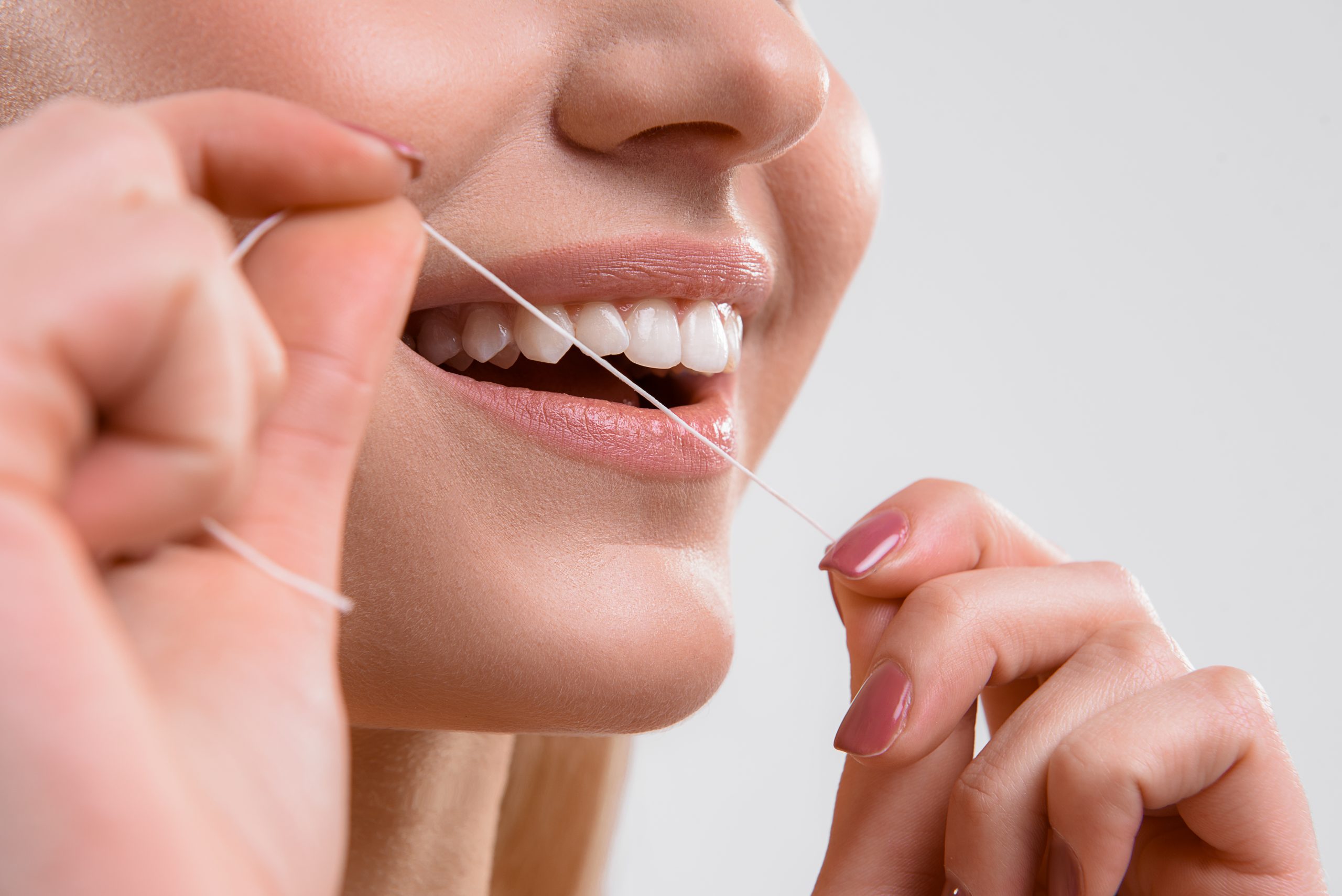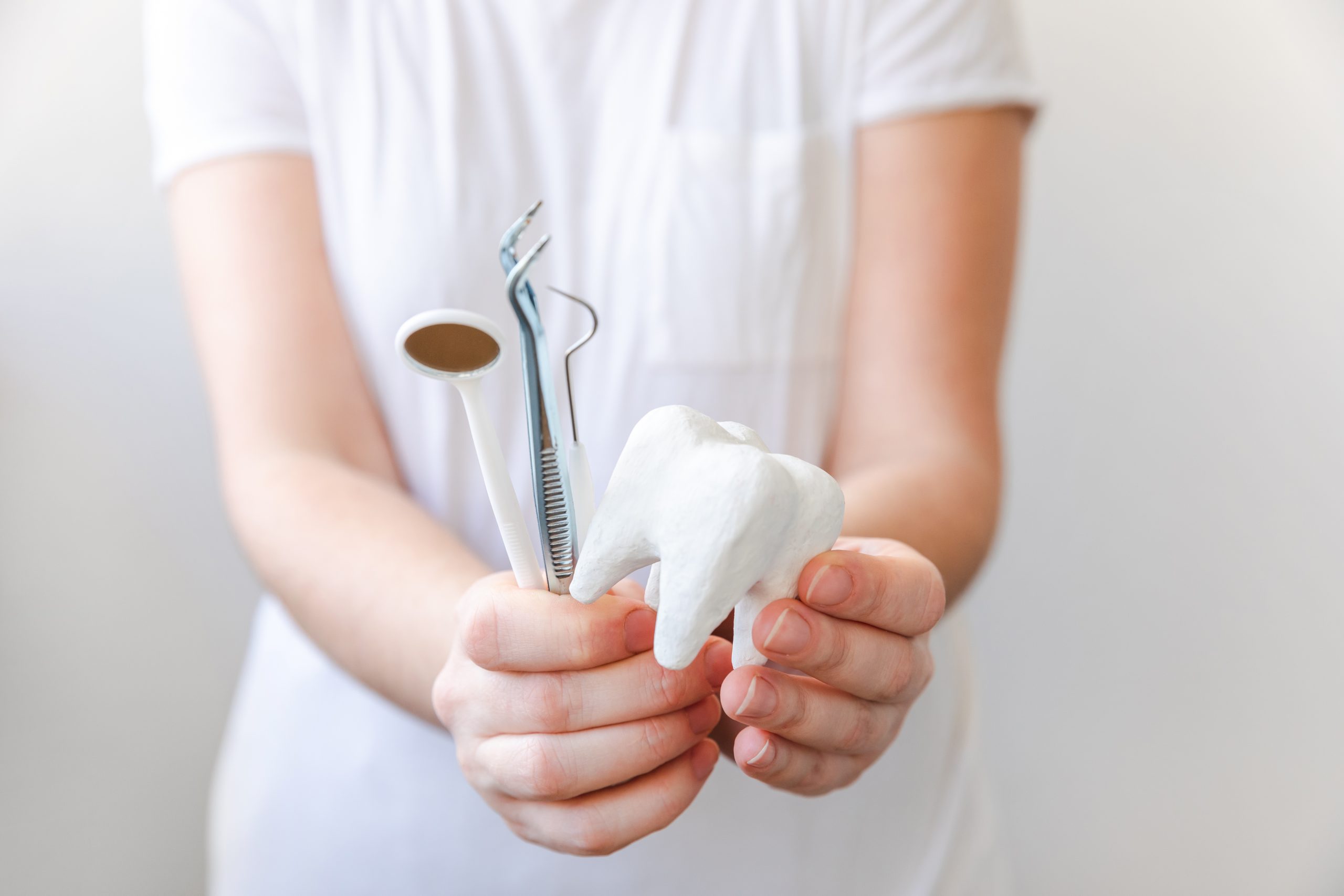When it comes to overall well-being, both dental health and sleep quality play crucial roles. Surprisingly, these two aspects of health are closely interconnected, with each influencing the other. Poor dental health can negatively impact sleep quality, and disrupted sleep can contribute to dental problems. In this article, we explore the connection between dental health and sleep quality.
- Tooth Grinding and Sleep Disorders: Tooth grinding, also known as bruxism, is a common dental condition that involves clenching or grinding of the teeth during sleep. Bruxism can disrupt sleep patterns and lead to poor sleep quality. Conversely, poor sleep quality can also contribute to tooth grinding, creating a cyclical relationship. If you suspect tooth grinding, consult your dentist who may recommend a nightguard or other treatments to alleviate the condition and improve sleep.
- Sleep-Disordered Breathing: Sleep-disordered breathing conditions, such as snoring and sleep apnea, can have adverse effects on dental health. Snoring and sleep apnea are characterized by pauses in breathing during sleep, which can result in reduced oxygen levels in the body. These conditions can cause dry mouth, a common dental issue, due to mouth breathing during sleep. Dry mouth can contribute to dental problems like tooth decay, gum disease, and bad breath.
- Acid Reflux and Tooth Erosion: Gastroesophageal reflux disease (GERD), commonly known as acid reflux, can lead to tooth erosion. Acid reflux causes stomach acid to flow back into the esophagus and sometimes into the mouth. The acid can erode tooth enamel, making the teeth more susceptible to decay and sensitivity. Poor sleep quality, particularly lying down immediately after eating or experiencing nighttime reflux, can exacerbate the impact of acid reflux on dental health.
- Sleep Deprivation and Gum Disease: Sleep deprivation can compromise the immune system and increase the risk of developing gum disease, also known as periodontal disease. Gum disease is an infection of the tissues supporting the teeth, characterized by inflammation, bleeding gums, and potential tooth loss. Lack of quality sleep can weaken the body’s immune response, making it harder to fight off oral bacteria and leading to increased gum disease risk.
- Sleep Position and Jaw Alignment: The position in which you sleep can affect your dental health. Sleeping on your stomach or with your head in an awkward position can put strain on the jaw joint, leading to jaw pain, discomfort, and even temporomandibular joint disorder (TMD). TMD can cause jaw clicking, popping, and difficulty in opening or closing the mouth. It’s important to maintain a proper sleep position and use supportive pillows to ensure proper jaw alignment and reduce the risk of TMD.
- Oral Appliance Therapy: For individuals with sleep apnea or snoring, oral appliance therapy can be an effective treatment option. These devices, fitted by a dentist, help keep the airway open during sleep by repositioning the jaw and tongue. In addition to addressing sleep-related breathing issues, oral appliances can also provide dental benefits by reducing tooth grinding and minimizing the risk of dental damage associated with sleep disorders.
- Regular Dental Check-ups and Cleanings: Maintaining regular dental check-ups and cleanings is essential for overall dental health, including the prevention and management of sleep-related dental issues. Your dentist can identify signs of tooth grinding, enamel erosion, gum disease, and other dental problems that may be associated with sleep quality. They can provide appropriate treatment or refer you to sleep specialists if necessary.
- Healthy Sleep Hygiene and Dental Care: Practicing healthy sleep hygiene and dental care go hand in hand. Establishing a consistent sleep routine, maintaining a comfortable sleep environment, and avoiding stimulants like caffeine and

